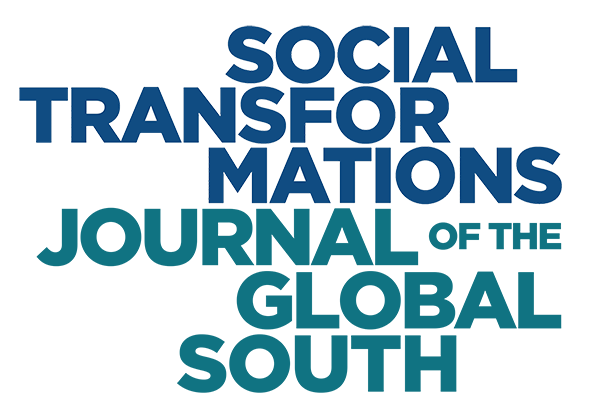Familism and Chain Migration: The Case of the Nikkeijin from the Philippines
Ron Bridget Vilog
DOI: https://dx.doi.org/10.13185/STJGS2021.09104Published Date: May 31, 2021 | Accepted Date: May 31, 2021 | Submitted Date: May 31, 2021
Abstract
Japan is a non-traditional migrant receiving country that is currently exhibiting a faltering economy accompanied by demographic changes. The interplay of labor economics, demographic forces, and immigration politics has led the restrictive government to gradually open its borders to foreign migrants. As one of the largest migrant groups in Japan, the character of the Nikkeijin community has been contingent on these social and political transformations, especially in the post-2018 immigration reforms. This paper explores the dynamics of chain migration peculiar to Philippine Nikkeijin. Informed by the voices of third and fourth generation Nikkeijin, the paper reveals how the system of generation upgrading results in a kind of familism unique to Philippine Nikkeijin. The narratives reveal that parents feel obligated to ensure that the Nikkeijin privilege is enjoyed by the next generation, while the children embrace their familial duty in ensuring the economic security of the family.
